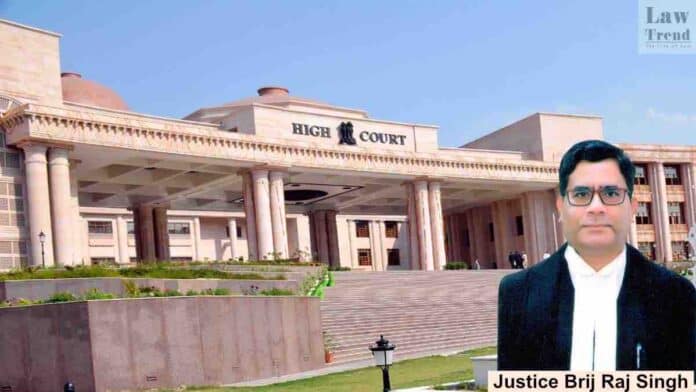In a significant judgment, the Allahabad High Court (Lucknow Bench) quashed the criminal proceedings against Sharad Kumar and another, who were accused of abetment to suicide under Section 306 of the Indian Penal Code (IPC). The court ruled that “mere relationship does not imply a legal obligation to repay the deceased’s loan” and that “absence
To Read More Please Subscribe to VIP Membership for Unlimited Access to All the Articles, Download Available Copies of Judgments/Order, Acess to Central/State Bare Acts, Advertisement Free Content, Access to More than 4000 Legal Drafts( Readymade Editable Formats of Suits, Petitions, Writs, Legal Notices, Divorce Petitions, 138 Notices, Bail Applications etc.) in Hindi and English.




